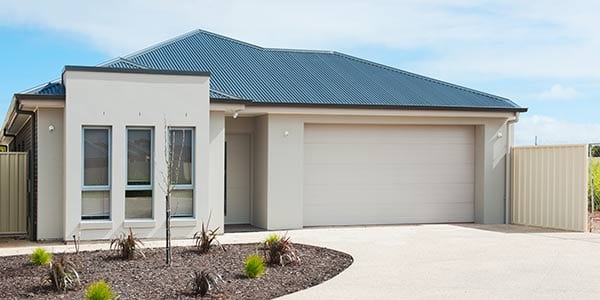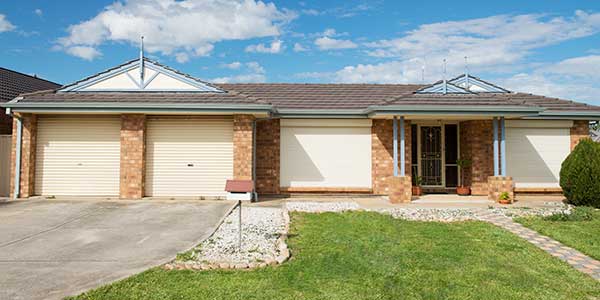Being self-employed, while rewarding, takes a lot of work and commitment. When it comes time to purchase a home as a self-employed individual, it can be incredibly daunting. Traditionally, banks do not favour those who are self-employed. Preferring those who can demonstrate a sure and steady income from a third party. How to get a home loan self-employed is possible though, and you don’t have to settle for a less competitive rate.
What Types Of Loans Are Available To The Self-Employed?
If you do a search for home loans as a self-employed individual the chances are that the first results you’ll see references to ‘low doc’ loans. Low doc loans or low document loans require less paperwork than traditional home loans. They are offered to the self-employed as they require less proof of conventional income. There are other reasons lenders will promote lo doc loans such as:
- Higher interest rates. Low doc loans always incur higher interest, meaning more profit for the lender.
- Cheaper to process than standard loans.
- Easier to process as less paperwork.
- Less for lenders to check or comprehend about your business.
Of course, with a little more work and attention to detail, you can gain access to other standard home loans such as:
- Variable Rate
- Fixed-Rate
- Construction Loans
- Line of Credit

Why Can It Be More Challenging to Secure A Loan When Self-Employed?
Ultimately, any lender determines the success or failure of a loan application based on the borrower’s ability to pay it back. For those employed by a third party or PAYE borrower, it is easy to demonstrate income. Both amount and consistency of earnings.
When you are self-employed, this is much harder to quantify. Not only will you have fluctuations in income, but your business will incur profit and loss. Additionally, they will try to determine the future viability or issues your business may face and how this would impact your ability to service the loan.
It is a lender’s legal responsibility to ensure a loan can be repaid by the borrower. So while the mountain of paperwork may seem excessive, it is done with both yours and the bank’s interests at the forefront.

How To Get A Home Loan Self-Employed
If you are self-employed and want to pursue a home loan, there are some steps you can take to make this an easier process. Just as you would pay attention to detail and be prepared in business, so should you be in your loan application.
- Engage the help of a specialist broker such as the Australian Lending Centre. They will do the leg-work and shop around different banks and lenders to find you the best offer. Avoid going straight to your personal financial institution as they may not have the best option.
- Get your financial paperwork in order. This is one of the major steps in how to get a home loan self-employed. You will need at a minimum the last two-years financial statements, tax returns and notice of assessments. Ensure all of the information has been lodged with the tax office or it may not be counted as valid.
- Read up on the process. Applications can take significant time and each lender may approach the criteria and assessment differently. Understanding how you will be assessed can help you prepare and feel less frustrated at changes or delays.
- Plan ahead. To the best of your ability try to forecast your earnings and expenditures. Avoid overextending yourself and having to try to refinance later should the worst happen. This would mean more paperwork and counts as a new application to most lenders.
- Credit History if you have a bad credit score, as with any loan, this will create issues. Do a check on your credit rating and implement some simple steps to improve it in the short term and boost your chances of success.
- Cash flow. Think about where you ‘park’ your funds for payment of GST and invoices. Utilise these funds to save interest prior to submitting to the ATO.
- Clarify your employment status. If you are a contractor or sub-contractor it can change how you are perceived for loan purposes and make life easier.
- Itemise your add-backs. Add-backs are business expenses that are once off or ‘go-away’ if the business is sold. Examples of this would be insurances, facilities upgrades, or loan interest. Itemising these can help to better assess the profitability and income of the business.
- Proof of ABN registration for a minimum of two years.

Make Your Dream A Reality
Don’t let being self-employed put you off from pursuing your dream home. With careful planning and expert advice from the Australian Lending Centre, your loan application can be easier than you think. If you’re unsure about how to get a home loan self-employed and are looking for guidance, competitive rates, and support, contact us today.

























